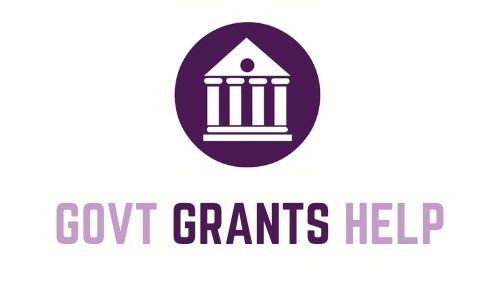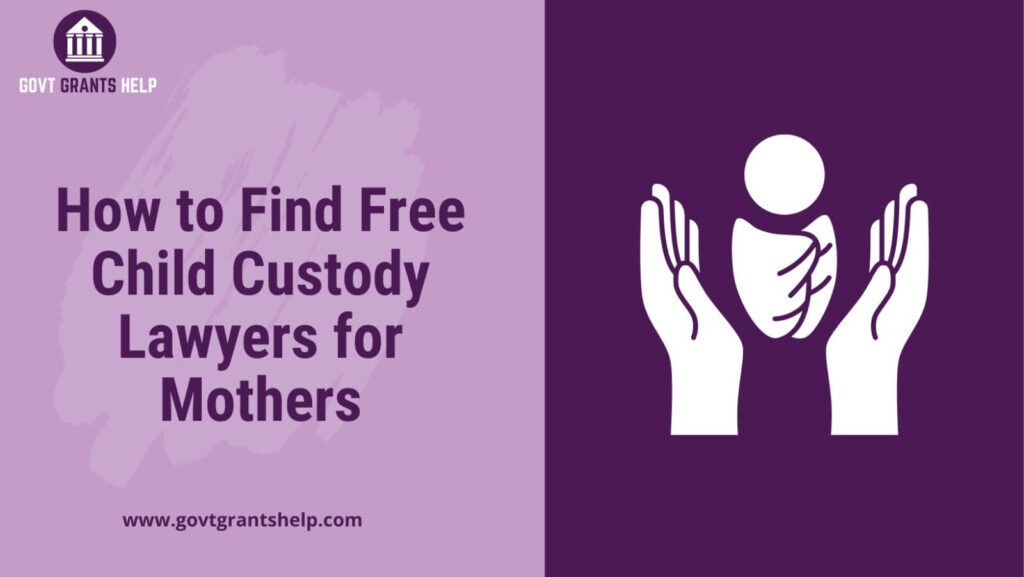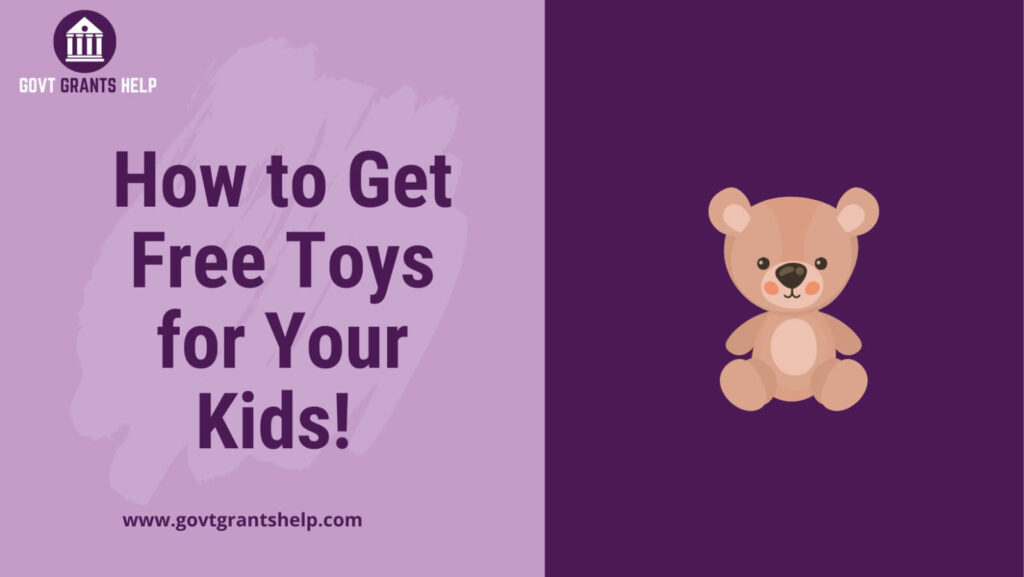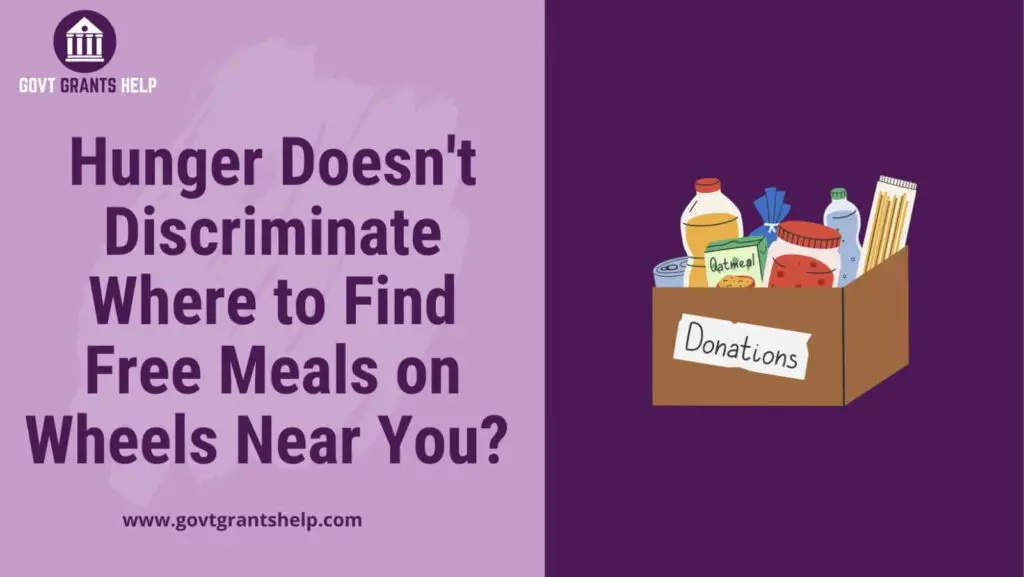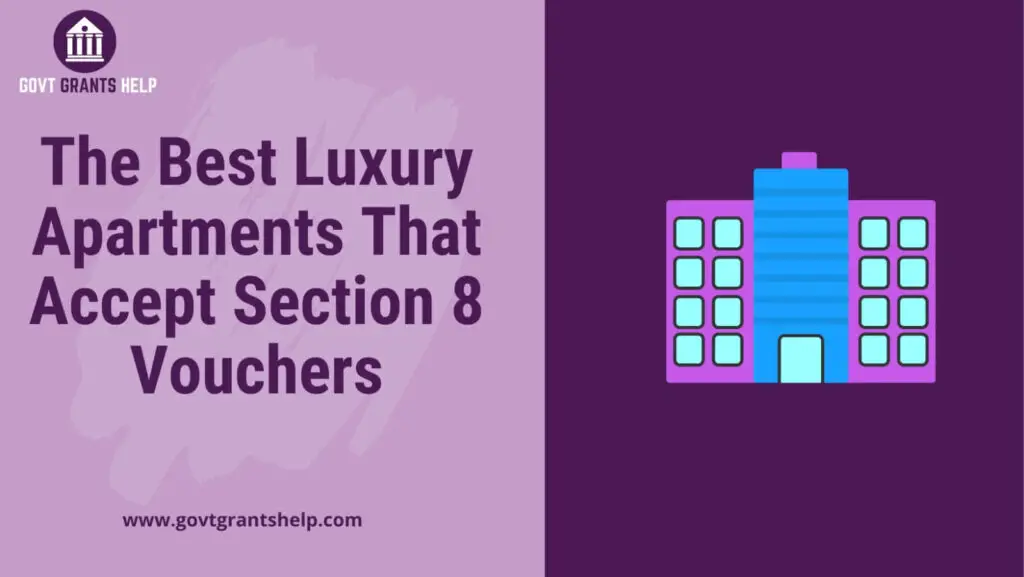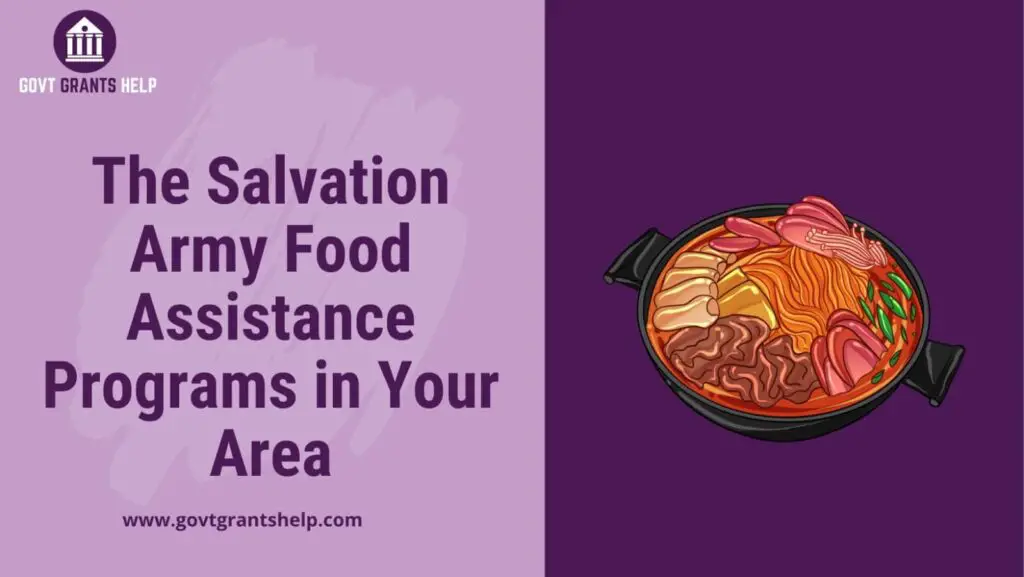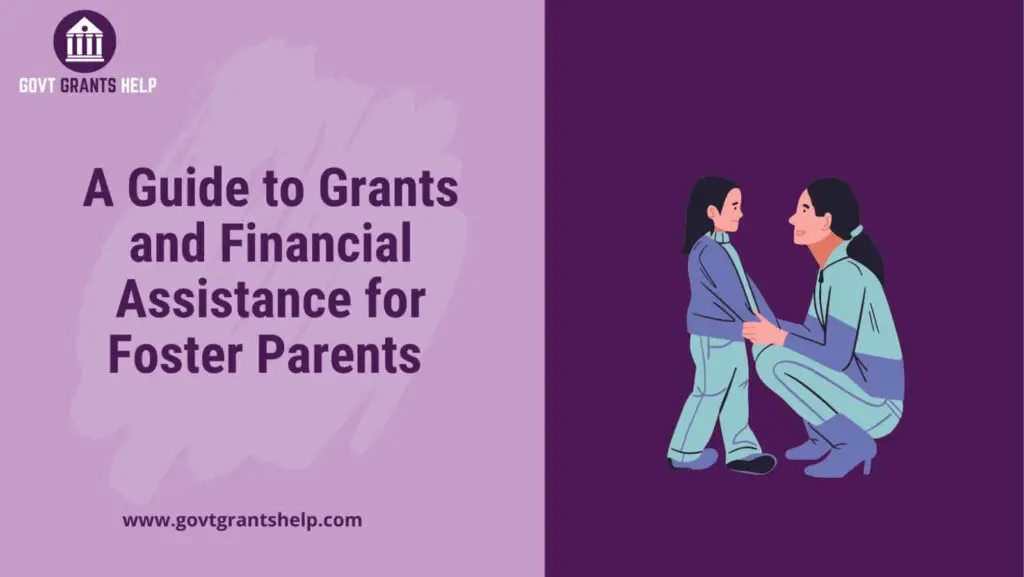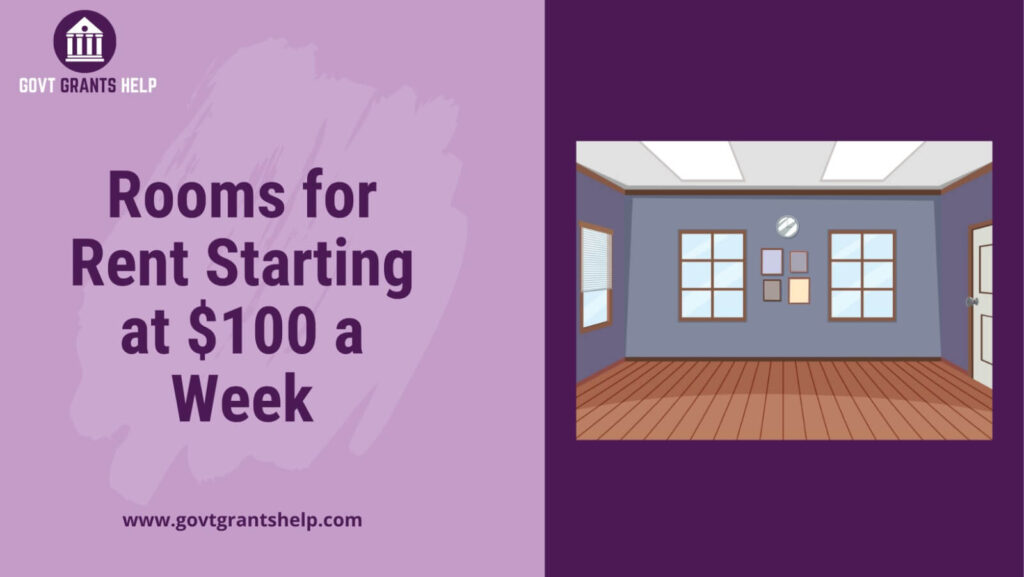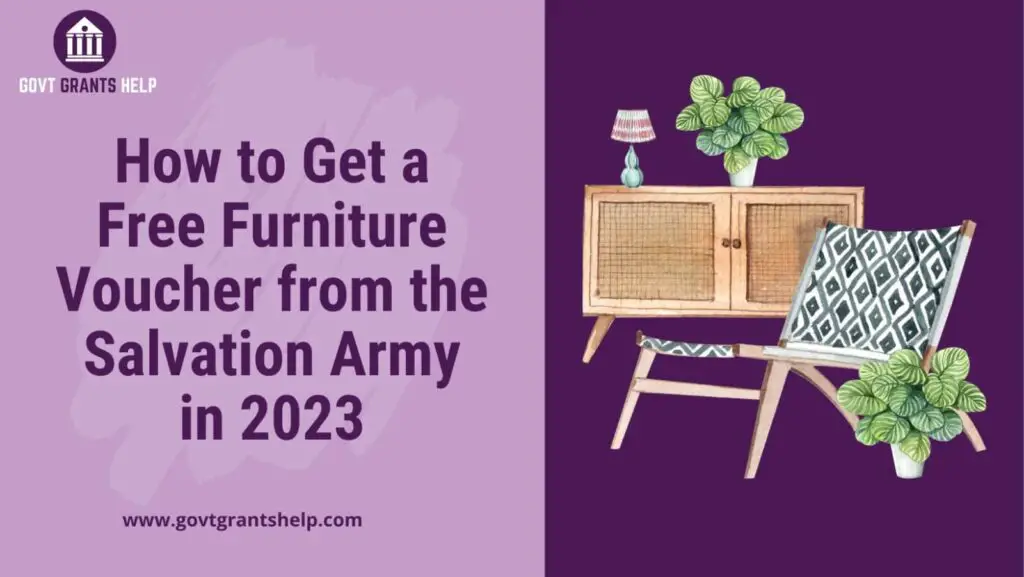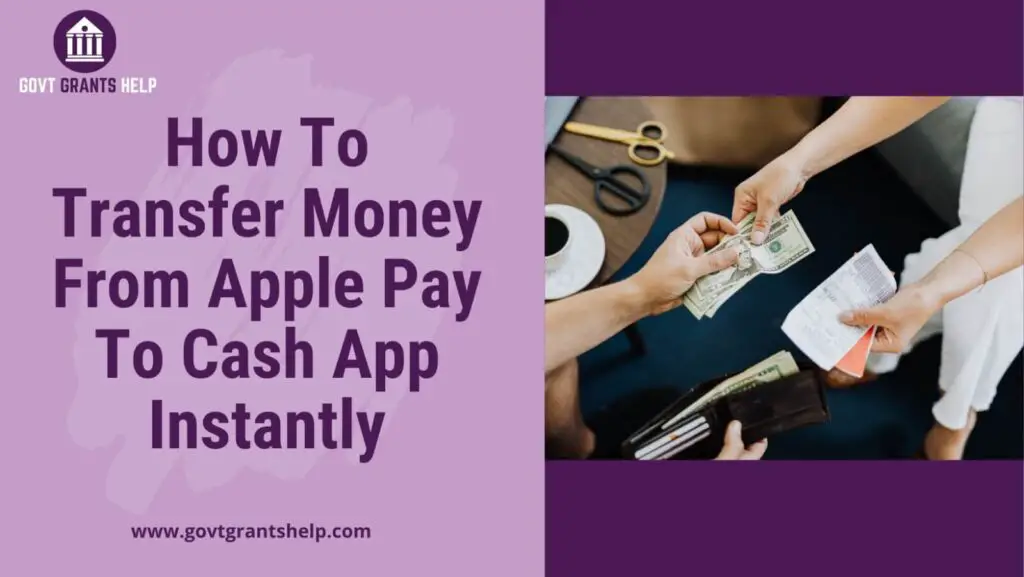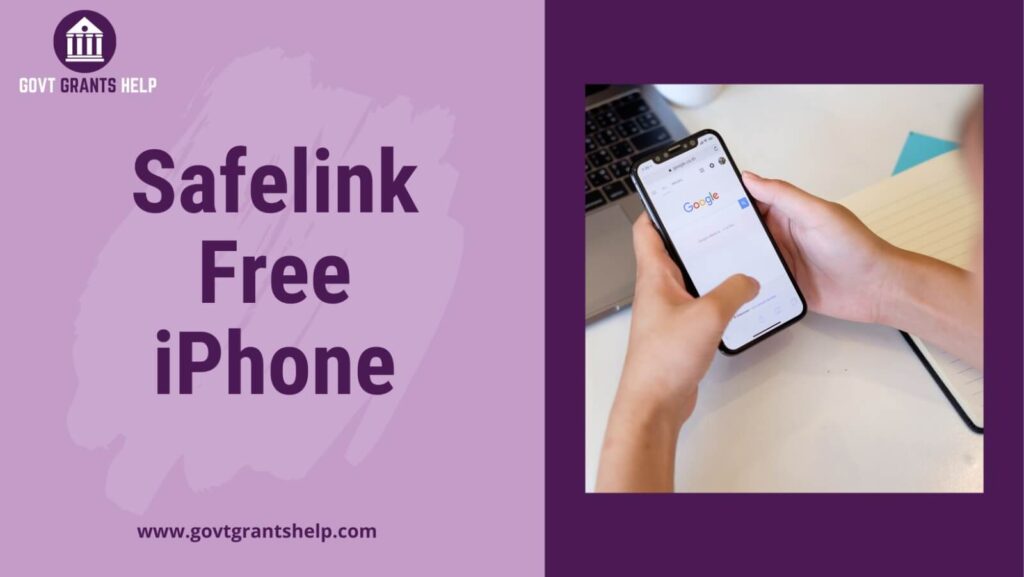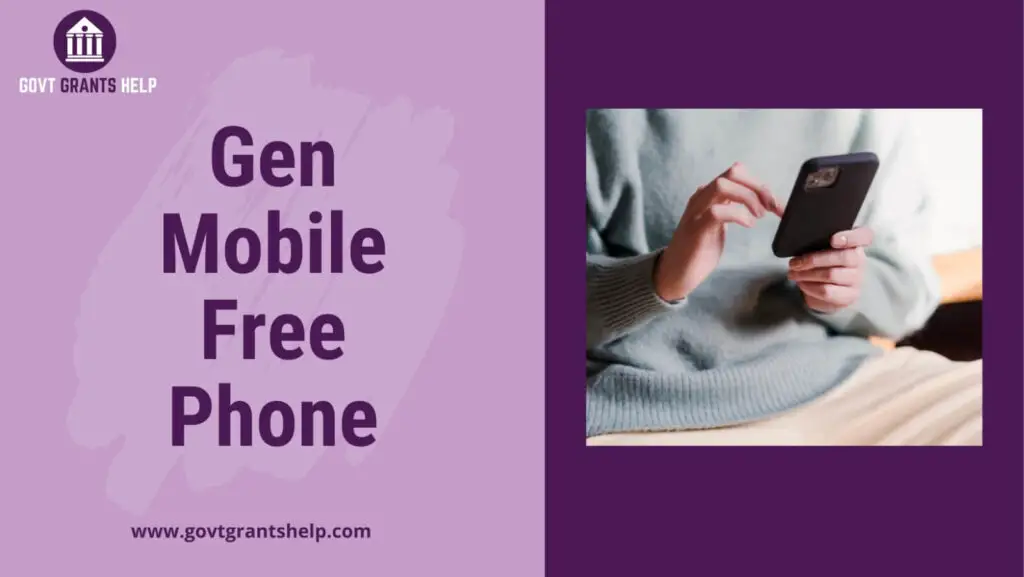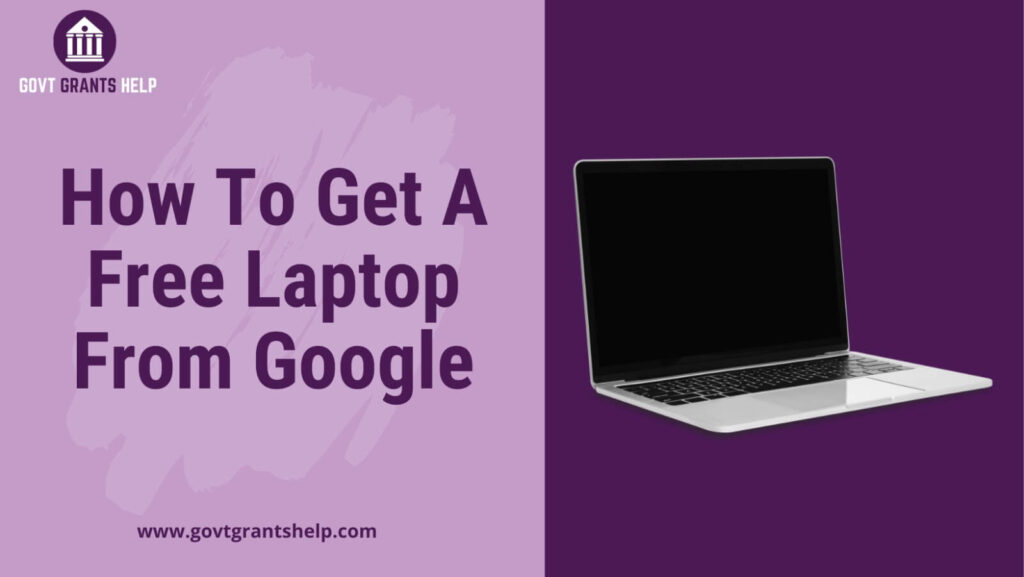Navigating child custody can be challenging and emotional, especially for mothers who are often the primary caregivers. It’s challenging enough to manage the stress of the situation, let alone trying to afford legal assistance.
However, many mothers need to be aware that free legal resources are available to help them navigate the complexities of child custody. With the correct information and resources, securing a fair and just custody agreement for you and your child is possible.
This post will guide you through finding free legal assistance for mothers needing help with child custody cases. We will discuss the different types of legal aid available, how to qualify, and where to find service in your area.
Why Do Low-Income Mothers Need Free Legal Assistance In Child Custody Cases?
Low-income mothers may face unique challenges when navigating the legal system in child custody cases. These mothers may need more financial resources to hire an attorney, which can put them at a disadvantage in court.
As a result, they may struggle to protect their children’s legal rights and best interests. Child custody cases can be emotionally taxing, complex, and challenging to navigate without legal assistance.
Low-income mothers may not have the knowledge, experience, or resources to fight for their legal rights and may be at risk of losing custody of their children.
Free legal assistance can provide these mothers with the support and guidance they need to protect their legal rights and the best interests of their children.
With the help of an experienced attorney, low-income mothers can navigate the complex legal system and fight for their rights in court. This can help them maintain a meaningful relationship with their children and provide them with the necessary care and support.
The Importance Of Free Child Custody Lawyers For Mothers
Child custody cases can be emotionally taxing and legally complex. The choices in these situations could long-term affect the parents and the child. This is why it’s essential to have legal assistance when navigating the legal system.
Mothers facing child custody disputes need to find the proper legal assistance to ensure they have a fair chance of receiving custody of their children. Legal aid can help mothers understand the legalities of the case, the options available, and how to prepare for court proceedings.
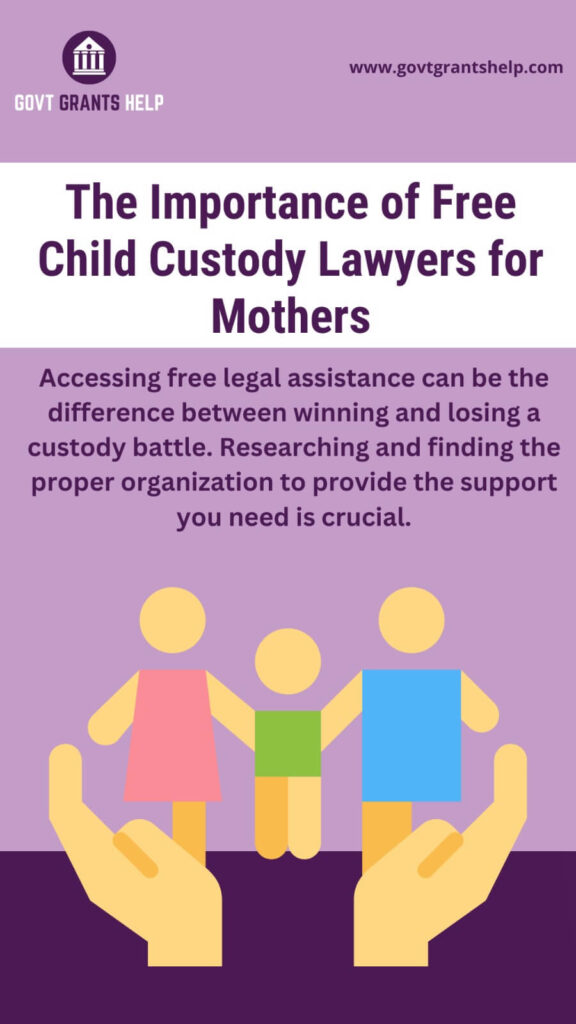
It can also help them present their case best and argue for their rights in court. However, not everyone can afford legal fees, and for some mothers, the cost of legal representation can be a significant barrier to obtaining the assistance they need. This is where free legal aid comes in.
Free legal assistance can be found through various organizations, non-profits, and legal clinics. These organizations provide pro bono legal services to eligible individuals, including mothers facing child custody disputes.
Accessing free legal assistance can be the difference between winning and losing a custody battle. Researching and finding the proper organization to provide the support you need is crucial.
Churches That Give Away Free Clothes Near You
Understanding The Legal Process Of Child Custody Cases
For those unfamiliar with legal jargon or procedures, navigating the legal process of child custody cases can be overwhelming and confusing. Understanding the basic legal process of child custody cases is essential to prepare for what’s to come.
Firstly, it is essential to understand that child custody cases usually involve two types of custody: legal and physical.
Legal custody is the authority to decide on significant issues affecting the child’s upbringing, such as religion, health care, and education. On the other hand, physical custody refers to the actual care and management of the child.
In most cases, child custody cases start with one parent filing a petition for custody with the court. The other parent will then be served with the petition and given a chance to respond.
The court will schedule a hearing so both parties can present their arguments and supporting evidence. It is significant to remember that the child’s best interests are the court’s top concern in disputes over child custody.
The ability of each parent to meet the child’s physical and emotional needs will be taken into account by the court, along with the child’s relationship with both parents and the child’s living situation.
Understanding the legal system in child custody cases can be challenging, but it’s essential to remember that resources are available to support you.
By familiarizing yourself with the legal process and seeking free legal assistance, you can make informed decisions and ensure the best outcome for you and your child.
Where To Find Free Legal Assistance For Mothers?
Navigating child custody can be daunting, especially when you are a mother who may face financial constraints in seeking legal assistance. However, there are ways to find free legal services for mothers who need help with child custody matters.
Legal aid organizations are an excellent place to start. These organizations are typically non-profit and offer free legal services to low-income individuals who cannot afford a lawyer.
You can search for local legal aid organizations in your area online or through your state bar association.
Another option is to reach out to law schools in your area. Many law schools have clinics where students work under the guidance of admitted solicitors to offer the community free legal services.
While law students may have different experiences than licensed attorneys, they can still provide valuable assistance in navigating child custody matters.
Additionally, some family law attorneys may offer pro bono services for mothers who cannot afford legal representation. You can search for family law attorneys online or contact your state bar association for a referral.
It’s important to note that while free legal assistance may be available, the demand for these services may be high, and there may be limited resources. It will help if you contact these organizations as early as possible in your custody case.
-
Legal Aid Organizations
Legal aid organizations are non-profit agencies providing free legal services to people who cannot afford a lawyer. These organizations often have a specific focus, such as helping low-income families, domestic violence victims, or children in need.
Legal aid organizations are a great place to start if you are a mother seeking free legal assistance for child custody. Many legal aid organizations have experienced lawyers who specialize in family law and child custody cases.
They can provide legal advice, help you understand your legal rights, and even represent you in court. Additionally, legal aid organizations may offer workshops or clinics where you can learn more about child custody laws and the legal process.
To locate a legal aid organization, conduct an online search, contact your local government, or consult the bar association. You can also use websites like LawHelp.org or the American Bar Association’s Legal Aid Directory to find legal aid organizations near you.
Remember that legal aid organizations may have limited resources and cannot assist everyone who needs it. However, they are an excellent resource for mothers seeking free legal assistance for child custody and can provide valuable support and guidance during this difficult time.
-
Law Schools
Law schools can be an excellent resource for free legal assistance for mothers navigating child custody. Many law schools have legal clinics offering free legal services to low-income individuals, including mothers struggling to afford legal representation during a child custody case.
Licensed attorneys supervise law students enrolled in the clinics and have the opportunity to gain practical experience while providing invaluable services to community members.
Although law school clinics may not be able to provide comprehensive representation for entire child custody cases, they can offer assistance with specific legal issues, such as drafting legal documents, providing legal advice, and representing mothers in court hearings.
To find a law school clinic in your area, research law schools in your state or region and look for clinics specializing in family law or child advocacy. To locate a legal aid organization, conduct an online search, contact your local government, or consult the bar association.
-
Pro Bono Attorneys
Pro bono attorneys are another option for mothers seeking free legal assistance for child custody cases. Pro bono lawyers help those who cannot afford to pay for legal representation by offering their services for free or at a significantly reduced rate.
Many law firms and legal organizations have pro bono programs that provide free legal representation to low-income individuals, including mothers navigating child custody cases.
Contact your neighborhood bar association or legal aid society to find pro bono lawyers in your area. These organizations often maintain lists of pro bono attorneys willing to take on cases in your area. Additionally, you can look online for free legal services in your state or province.
It’s essential to remember that pro bono attorney may have limited availability and may not be able to take on your case if they have a full workload.
However, if you can find a pro bono attorney willing to represent you, they can provide invaluable legal assistance and help you navigate the complexities of the child custody system.
Pro bono attorneys can be an excellent resource for mothers seeking free legal assistance for child custody cases. With some research and effort, you may find a pro bono attorney willing to take on your case and help you fight for your child’s best interests.
-
State And Federal Resources
Mothers navigating child custody issues who cannot afford a private attorney should not lose hope. There are state and federal resources available to help.
Firstly, the Legal Services Corporation (LSC) is a non-profit organization that provides financial assistance to legal aid programs throughout the United States. Many of these programs offer free legal services to low-income families, including mothers fighting for custody of their children.
Secondly, some states have legal aid organizations. Additionally, you can look online for free legal services in your state or area. The requirements for eligibility may differ from state to state, but generally, they are based on income and family size.
In addition, many states have family court self-help centers that provide resources and guidance to individuals representing themselves in custody cases. These centers offer legal forms, workshops, and clinics to help parents navigate the process.
Researching and exploring all available options is essential to find the best resources for your situation. Using state and federal resources, mothers can access legal assistance and fight for their rights as parents without incurring significant legal fees.
Online Resources For Low-Income Mothers Seeking Legal Assistance
Online resources can be an excellent help for low-income mothers seeking legal assistance in child custody cases. Many organizations and websites offer free legal services and advice for needy mothers. Here are a few online resources to consider:
- Legal Aid Organizations
On-aid organizations can provide free legal assistance to low-income individuals. They may have lawyers who specialize in family and child custody law and can offer guidance on navigating the legal system.
- Women’s Law
Women’s Law is an online resource that provides legal information and resources for women. They offer a variety of resources on family and child custody law, including state-specific information on custody and visitation, child support, and restraining orders.
- LawHelp.org
LawHelp.org is a website that provides free legal information and resources for low-income individuals. They have a searchable database of legal aid organizations, pro bono services by state, and self-help tools and legal forms.
- State Bar Associations
One bar association may offer free low-income individuals legal assistance or referral services. Check with your state’s bar association to see what resources are available in your area.
These online resources allow low-income mothers to find the legal help and support they need to navigate child custody cases and ensure the best possible outcome for themselves and their children.
Qualifications For Free Legal Assistance
When looking for free legal assistance, it is essential to note that specific qualifications may be necessary to receive help. The capabilities may vary from state to state, so it is essential to research the particular requirements for your area.
Generally, eligibility for free legal assistance is based on income and the type of legal issue. Some organizations may require that you fall below a certain income level to qualify for free legal aid, while others may have different requirements based on obvious legal issues.
Additionally, many organizations prioritize cases involving domestic violence or child custody disputes, so it is important to mention if your case falls under one of these categories.
Some organizations may also require that you must be a citizen or authorized resident of the United States for assistance. It is significant to remember that free legal aid is high, and resources may be limited.
Therefore, it is essential to be patient and persistent when seeking help. Researching and contacting multiple organizations may increase your chances of finding free legal assistance that meets your needs.
What To Expect During The Legal Process?
The legal process of child custody can be overwhelming and daunting for mothers unfamiliar with the legal system. Knowing what to expect during the legal process is essential to prepare for the journey.
The legal process begins with filing a petition for custody with the court. After filing, the court will schedule a hearing, and both parties will present their arguments to the judge. After that, the judge will decide what is best for the child.
In some cases, mediation may be required before the hearing. Through the process of mediation, an impartial third party helps the parties come to a resolution. The case will move forward to the hearing if mediation is unsuccessful.
Both parties can present evidence during the hearing, including witness testimony and documentation. A solid case is essential, including evidence supporting your custody argument.
It’s also important to note that the judge will consider factors such as the child’s relationship with each parent, the parent’s ability to provide for the child, and the child’s preference (if they are old enough to express a choice).
After the hearing, the judge will decide which will be legally binding. It’s important to note that the decision may not always be in your favor, but you can appeal the decision if you believe there was an error in the legal process.
Navigating the legal process can be challenging, but with the proper legal assistance and preparation, you can raise the likelihood of a successful outcome.
Conclusion:-
In conclusion, child custody cases can be overwhelming and emotionally draining, especially for mothers. It’s critical to remember that you’re not alone, and resources are available to help you through the process. If you need free legal assistance, there are a few options to consider.
First, many legal aid organizations provide free or inexpensive legal services to eligible individuals according to their income and other criteria. You can check with your local legal aid organization to see if they have a program that can help you.
Another option is to look for pro bono attorneys in your area. These attorneys offer their services for free or at a reduced rate to those in need. You can find a lawyer in your area using the American Bar Association’s directory of pro bono programs.
Lastly, online resources are available for mothers going through child custody cases. LawHelp.org and LegalZoom.com offer legal information and resources, including free legal forms and self-help guides.
Navigating child custody cases can be difficult, but you can get through it with the right resources and support. If you require assistance, feel free to ask for it.
Frequently Asked Questions
What aspects are taken into account when deciding on child custody?
The court looks at various factors such as the child’s age, physical and mental health, the parent’s ability to provide for the child’s needs, and the child’s relationship with each parent.
Can a father get custody of a child?
Yes, a father can get custody of a child. The court considers the child’s best interests, and gender is not a factor.
What is joint custody?
Joint custody means both parents share legal and physical custody of the child.
What is sole custody?
Sole custody means one parent has legal and physical custody of the child.
How can I modify a custody order?
If there has been a substantial modification in circumstances, such as a parent moving or a difference in the child’s needs, a custody order can be modified by going back to court.
Can I get free legal assistance for child custody?
Various organizations offer free legal assistance for mothers needing help with child custody. Researching and finding a reputable organization that can provide the required service and support is essential.
